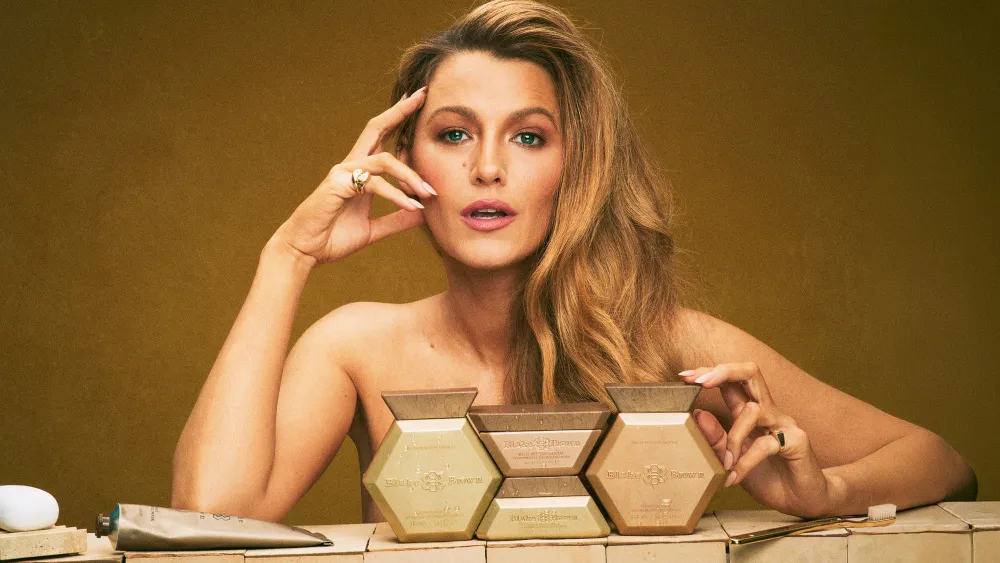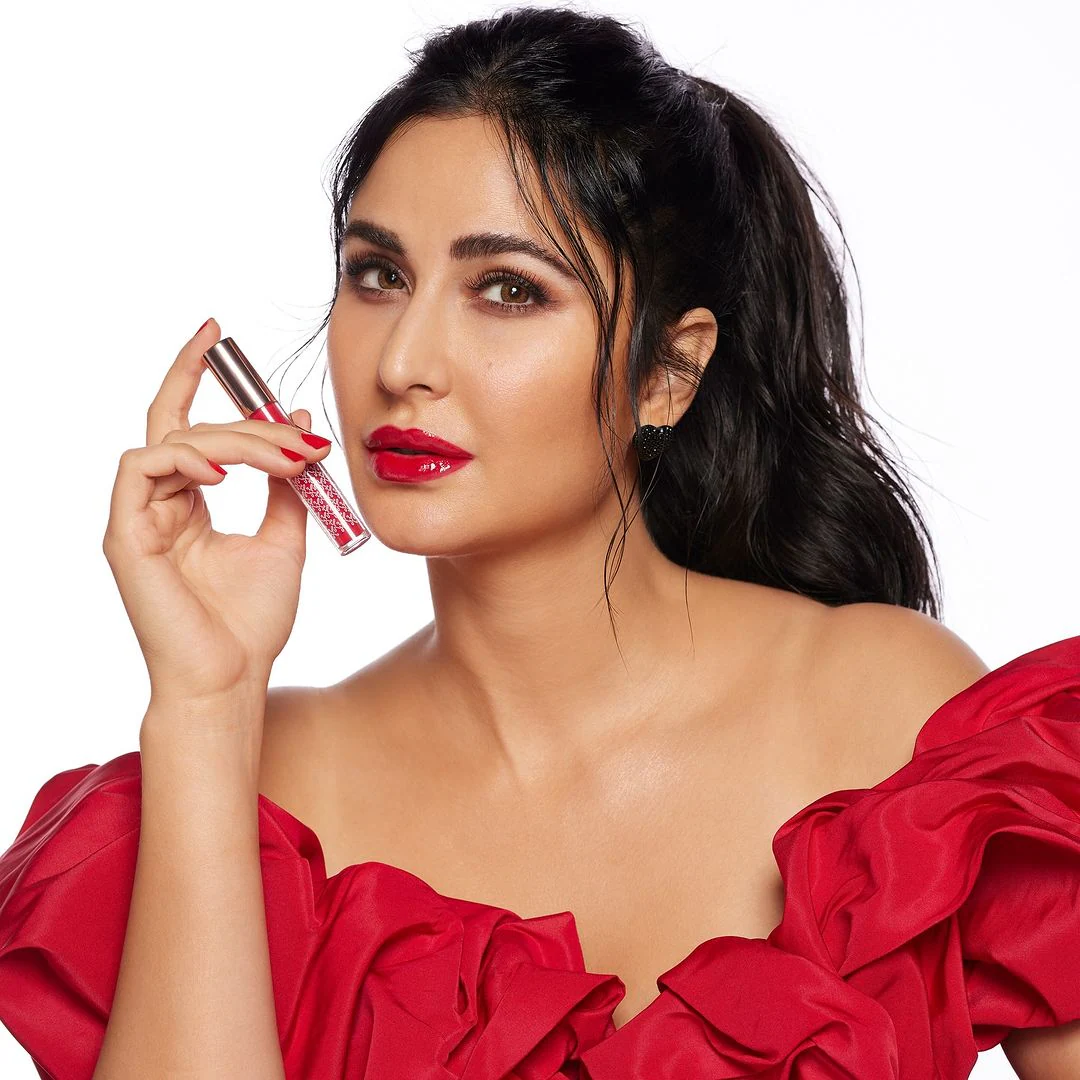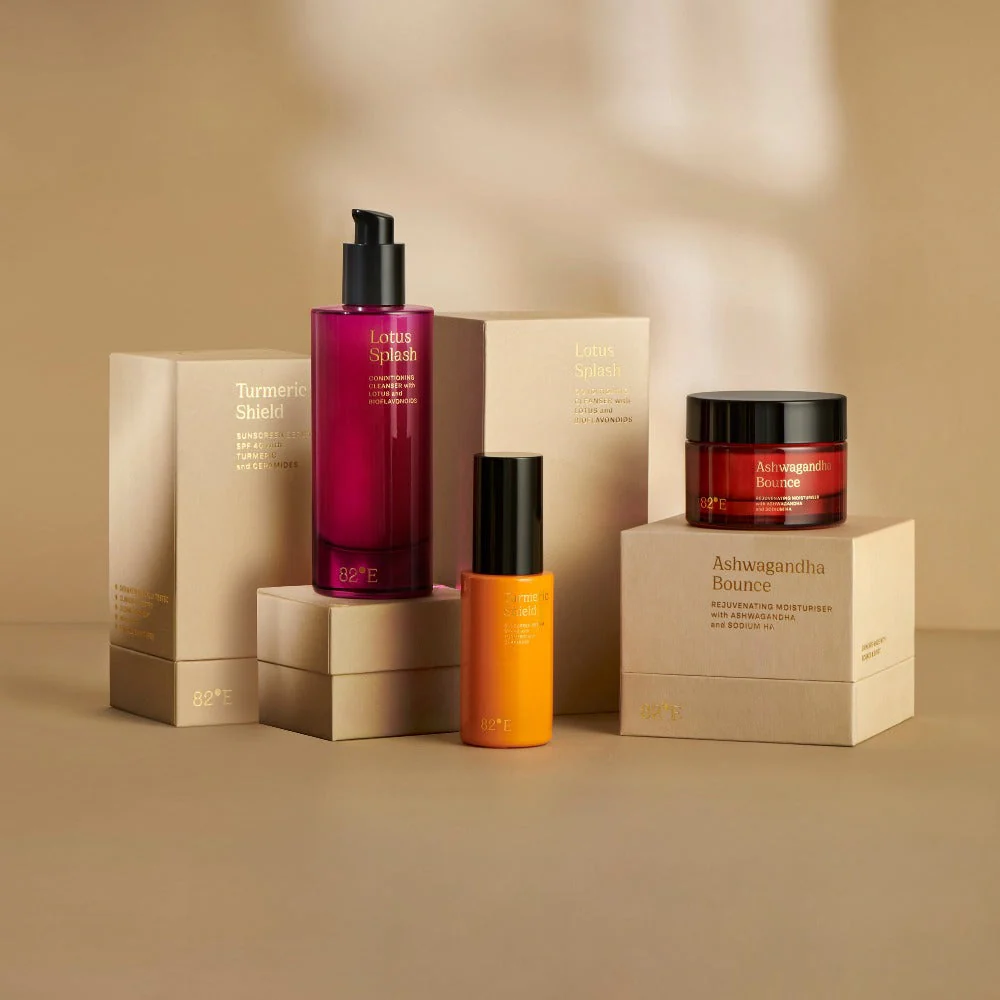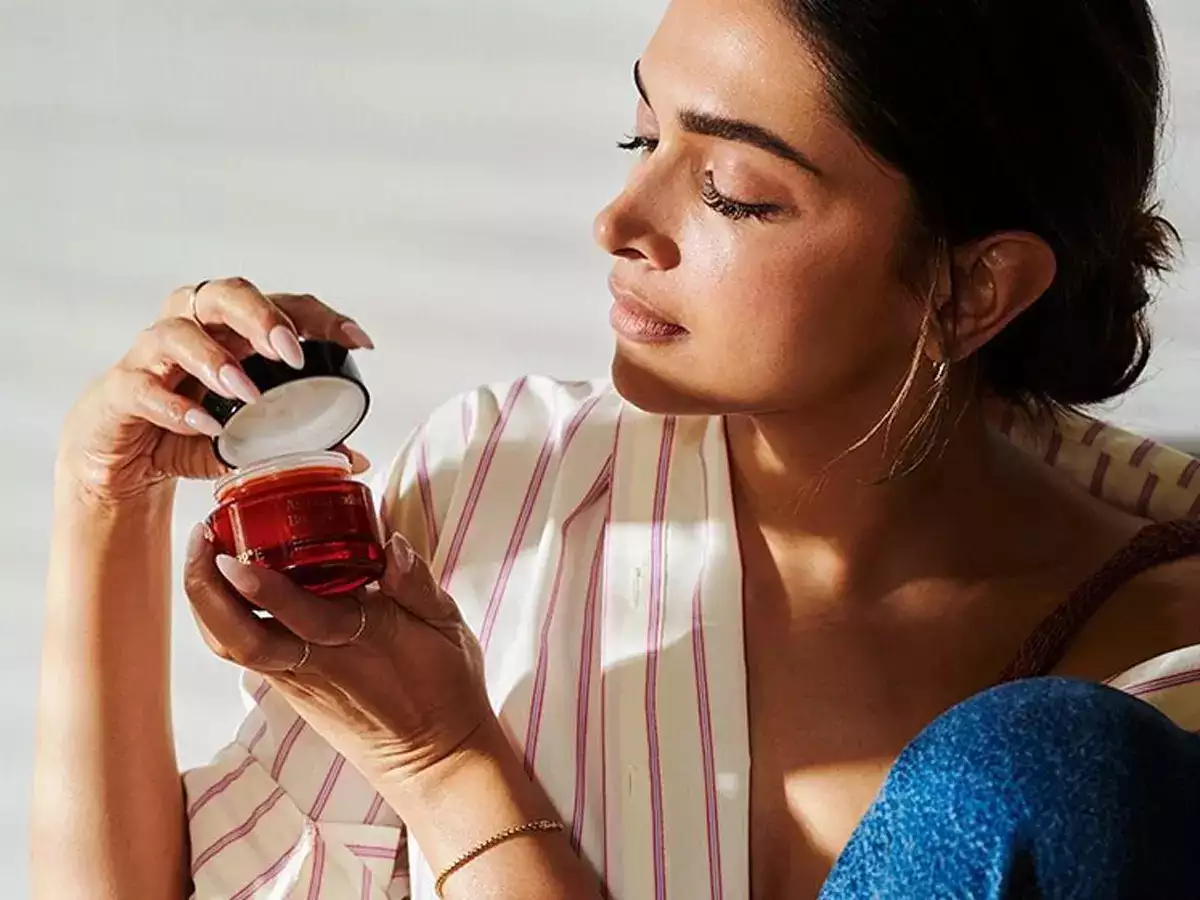The DEBATE: Celebrity Beauty Brands, Are They Worth the Hype or Just Another Trend?
- Arushi Sakhuja

- Sep 16, 2024
- 4 min read

Celebrity beauty brands have become a big deal in recent years, with many stars using their fame to create successful businesses. The beauty industry has witnessed a surge in such brands, with names like Kylie Cosmetics, Fenty Beauty, Kay by Katrina, Akind By Mira Kapoor, Lovechild by Masaba, Hyphen by Kriti Sanon, Anamoly By Priyanka Chopra and more recently, Blake Brown by Blake Lively making waves. From India’s Bollywood stars to international pop icons and Instagram influencers, everyone seems to be jumping on the beauty bandwagon. What started as a few famous faces trying their hand at beauty has grown into a major trend worldwide. However, not every celebrity brand has been met with applause, and some have even faced criticism.
While these brands boast millions of followers and sky-high sales, one must ask: Are they truly contributing to the industry, or are they merely diluting an already saturated market?
The First Movers
The idea of celebrity beauty brands isn't completely new. The trend of celebrity-owned beauty brands, while seemingly recent, has deep roots dating back to the 1980s with Sophia Loren's Sophia by Coty. Back in the 1990s, stars like Elizabeth Taylor and Cindy Crawford were already creating their own fragrance and skincare lines. However, it wasn't until the mid-2010s, with Kylie Jenner's Kylie Cosmetics, that the phenomenon truly took off. The success of Kylie Cosmetics inspired a wave of celebrity-backed beauty lines. Kylie Jenner’s Kylie Cosmetics, which started in 2015, was a game-changer. Her first product, the Kylie Lip Kit, sold out in minutes, proving that a celebrity-driven brand could be extremely successful. Kylie’s brand turned her into a billionaire and showed other stars what was possible if they combined their fame with smart business strategies.
Then came Rihanna’s Fenty Beauty in 2017, which made a big impact by offering makeup for all skin tones. Fenty Beauty’s wide range of shades was a breath of fresh air in an industry that often ignored diversity. The brand not only made a lot of money but also changed the way people thought about inclusivity in beauty. Fenty Beauty’s focus on inclusivity has pushed other brands to offer more shades, while Kylie Cosmetics has shown how a celebrity can use social media to connect with fans and drive sales.
The Indian Scene
As the trend caught on around the world, Indian celebrities began launching their own beauty brands. On the surface, these brands appear to offer something unique—an extension of the celebrities’ or influencers’ personal style, a glimpse into their beauty secrets. Fans, eager to emulate their idols, often flock to these products, contributing to their massive success. In India, for instance, celebrities like Katrina Kaif with her brand Kay Beauty have gained a strong following.
Katrina Kaif’s Kay Beauty, which started in 2019, was one of the first big celebrity beauty brands in India. It became popular for its variety of shades and its promise to be cruelty-free. Kay Beauty found success because it connected with Indian consumers who wanted products suited to their diverse skin tones. Masaba Gupta’s LoveChild, launched in 2021, brought a fun and bold vibe to the Indian beauty market. Known for its colourful packaging and inclusive products, LoveChild quickly gained fans. Gupta’s brand stands out for mixing traditional Indian styles with modern looks, offering products for everyone, from teens to adults.
Many celebrity brands are accused of prioritizing profits over people, with some reportedly cutting corners on ingredient sourcing and production processes. This not only undermines the trust of consumers but also poses a risk to the credibility of the beauty industry as a whole.
While celebrity beauty brands can be seen as entrepreneurial ventures, the extent to which they contribute to scientific advancement in the beauty industry is debatable. Additionally, some critics question the authenticity of celebrity involvement in the development of these products. While celebrities may lend their names to the brand, they may not be actively involved in the formulation or testing of the products. Another pressing question remains: are these brands truly contributing to the industry or merely diluting an already saturated market? With so many options available, consumers may find it challenging to differentiate between genuine quality products and those driven primarily by celebrity appeal. This saturation can lead to decreased brand loyalty and increased consumer scepticism.
What's more the unprecedented growth of such brands is becoming mundane, while many are experiencing major backlash in terms of quality checks and reviews. However, celebrity beauty brands are significantly more expensive than comparable products from lesser-known brands and are hence considered overpriced.
On the other hand, there is a valid argument that celebrity and influencer beauty brands have democratized beauty. These brands have made makeup and skincare more accessible and relatable to the average consumer, especially in India, where beauty standards often skew towards unrealistic ideals. Celebrity brands have also played a role in promoting diversity and inclusivity, showcasing a broader range of beauty.
TSL Voices
The debate over celebrity beauty brands is complex and multifaceted. While some may find value in the products and the associated lifestyle, others argue that they are simply overpriced and overhyped. The surge in popularity of celebrity beauty brands in India reflects a deep-seated desire among consumers to emulate their idols. However, this trend comes with significant risks, particularly when it comes to products that haven't undergone rigorous dermatological testing. Are these products truly safe for the skin, or are they merely a fad, fueled by the allure of celebrity rather than proven efficacy?
While caution is necessary when adopting these brands into your skincare routine, it’s also important to recognize the positive strides made by brands like LoveChild by Masaba. By focusing on inclusivity for Indian skin tones, they have democratized beauty, making makeup and skincare more accessible and relatable to the average consumer. Yet, even with these advancements, consumers should remain vigilant, prioritizing skin health over celebrity endorsements, and always ensuring that the products they use are safe and suitable for their skin.






























Comentários